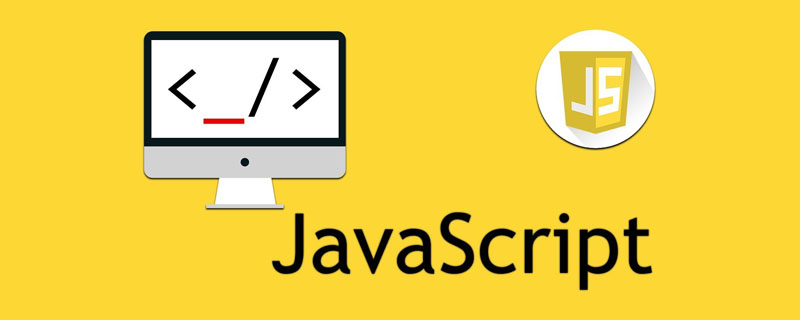

首先简单介绍一下UTF-8。UTF-8以字节为单位对Unicode进行编码。 UTF-8的特点是对不同范围的字符使用不同长度的编码。 对于0x00-0x7F之间的字符,UTF-8编码与ASCII编码完全相同。UTF-8编码的最大长度是6个字节。 6字节模板有31个x,即可以容纳31位二进制数字。Unicode的最大码位0x7FFFFFFF也只有31位。
The encoding method from Unicode to UTF-8 is as follows:
| Unicode encoding (hexadecimal) | UTF-8 byte stream (binary) |
|---|---|
| 000000-00007F | 0xxxxxxx |
| 000080-0007FF | 110xxxxx 10xxxxxx |
| 000800-00FFFF | 1110xxxx 10xxxxxx 10xxxxxx |
| 11110xxx10xxxxxx10xxxxxx10xxxxxx |
function utf8Encode(inputStr) {
var outputStr = "";
for(var i = 0; i < inputStr.length; i++) {
var temp = inputStr.charCodeAt(i);
//0xxxxxxx
if(temp < 128) {
outputStr += String.fromCharCode(temp);
}
//110xxxxx 10xxxxxx
else if(temp < 2048) {
outputStr += String.fromCharCode((temp >> 6) | 192);
outputStr += String.fromCharCode((temp & 63) | 128);
}
//1110xxxx 10xxxxxx 10xxxxxx
else if(temp < 65536) {
outputStr += String.fromCharCode((temp >> 12) | 224);
outputStr += String.fromCharCode(((temp >> 6) & 63) | 128);
outputStr += String.fromCharCode((temp & 63) | 128);
}
//11110xxx 10xxxxxx 10xxxxxx 10xxxxxx
else {
outputStr += String.fromCharCode((temp >> 18) | 240);
outputStr += String.fromCharCode(((temp >> 12) & 63) | 128);
outputStr += String.fromCharCode(((temp >> 6) & 63) | 128);
outputStr += String.fromCharCode((temp & 63) | 128);
}
}
return outputStr;
}function utf8Decode(inputStr) {
var outputStr = "";
var code1, code2, code3, code4;
for(var i = 0; i < inputStr.length; i++) {
code1 = inputStr.charCodeAt(i);
if(code1 < 128) {
outputStr += String.fromCharCode(code1);
}
else if(code1 < 224) {
code2 = inputStr.charCodeAt(++i);
outputStr += String.fromCharCode(((code1 & 31) << 6) | (code2 & 63));
}
else if(code1 < 240) {
code2 = inputStr.charCodeAt(++i);
code3 = inputStr.charCodeAt(++i);
outputStr += String.fromCharCode(((code1 & 15) << 12) | ((code2 & 63) << 6) | (code3 & 63));
}
else {
code2 = inputStr.charCodeAt(++i);
code3 = inputStr.charCodeAt(++i);
code4 = inputStr.charCodeAt(++i);
outputStr += String.fromCharCode(((code1 & 7) << 18) | ((code2 & 63) << 12) |((code3 & 63) << 6) | (code2 & 63));
}
}
return outputStr;
}Related free learning recommendations: javascript(Video)
The above is the detailed content of Learn to use JavaScript to implement UTF-8 encoding and decoding. For more information, please follow other related articles on the PHP Chinese website!